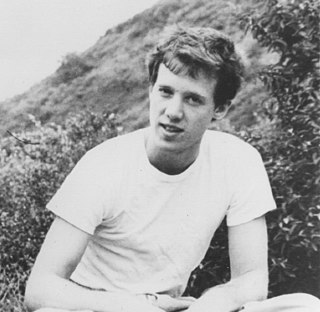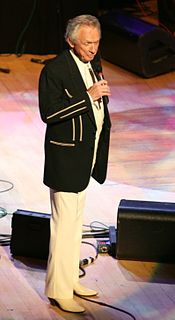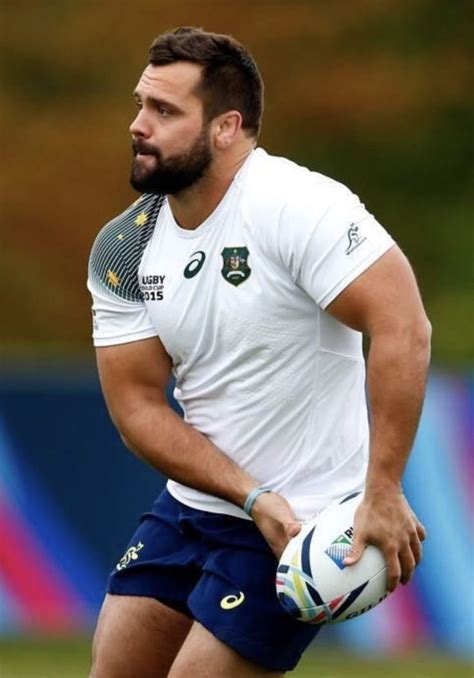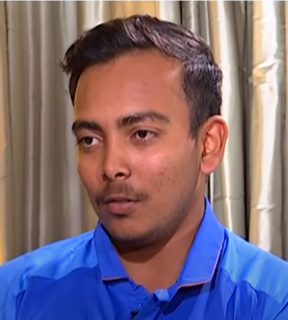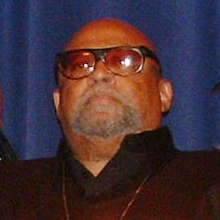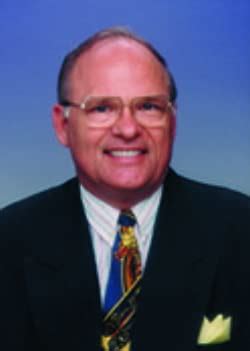A Quote by John Henrik Clarke
I saw no African people in the printed and illustrated Sunday school lessons. I began to suspect at this early age that someone had distorted the image of my people. My long search for the true history of African people the world over began.
Related Quotes
Because I know that the early Greeks and Romans and the early Europeans at that age did not see racism as we see it now - because racism was created to justify slavery to build the capital for capitalism - and back in the day they respected talent over race. We had an African Pope in the late 5th century, we had an African Emperor of Rome, and early church Fathers were black.
For the first time since I began acting, I feel that I've found my place in the world, that there's something out of my own culture which i can express and perhaps help others preserve..i have found out now that the African natives had a definite culture a long way beyond the culture of the Stone age...an integrated thing, which is still unspoiled by western influences...I think the Americans will be amazed to find how many of the modern dance steps are relics of African heritage.
When I began doing theatre in high school I saw that I could get laughs from people but I didn't really connect that to going on and becoming a comedian. I was interested in acting and while I was at Boston College I was part of an improv group, Mother's Fleabag, which had a long history and has been known as one of the best college improvisation groups in the U.S.
There are African leaders who have the dangerous habit of leading their people into an abyss. In Rwanda we've had presidents who killed. The one million people who died here were, to a certain extent, victims of their leader, President Juvénal Habyarimana, who died in a plane crash before the genocide began. He contributed to all that. The man who took over from him was running around ordering people to kill. If this president came back and landed in my hands, I would have him arrested and tried. Unfortunately, he died a natural death.
We know that the African regimes, many African regimes have failed their people and many Africans want regime change, and there are a lot of African leaders who make promises but don't carry them out. I mean, the progress - I mean, it is noble for the rich countries to help Africa, but then the question is: What are African leaders themselves doing to help their own people?
I'm grateful to see my work flourish in my lifetime. Many of the great people in our history were not able to see how much their work, suffering and sacrifices enriched our lives and pushed our struggle forward. But I've been blessed to see my work begin in a family home, spread around the world and be embraced by millions of African people throughout the world African community.
The Holy Spirit began to move mightily. As we continued to worship, I sensed that the birthing spirit was sweeping over us and more prophetic utterance came forth. I began to declare to the people that the Lord was birthing the Third Reformation in our midst. Several began to actually sense birthing pains. Several had visions of what was taking place and others saw angels ministering in our midst. I encouraged everyone to press in to God and make sure they received the birthing within their lives.
Today there are more African-Americans under correctional control, in prison or jail, on probation or parole, than were enslaved in 1850, a decade before the Civil War began. There are millions of African-Americans now cycling in and out of prisons and jails or under correctional control or saddled with criminal records. In major American cities today, more than half of working-age African-American men either are under correctional control or are branded felons, and are thus subject to legalized discrimination for the rest of their lives.

